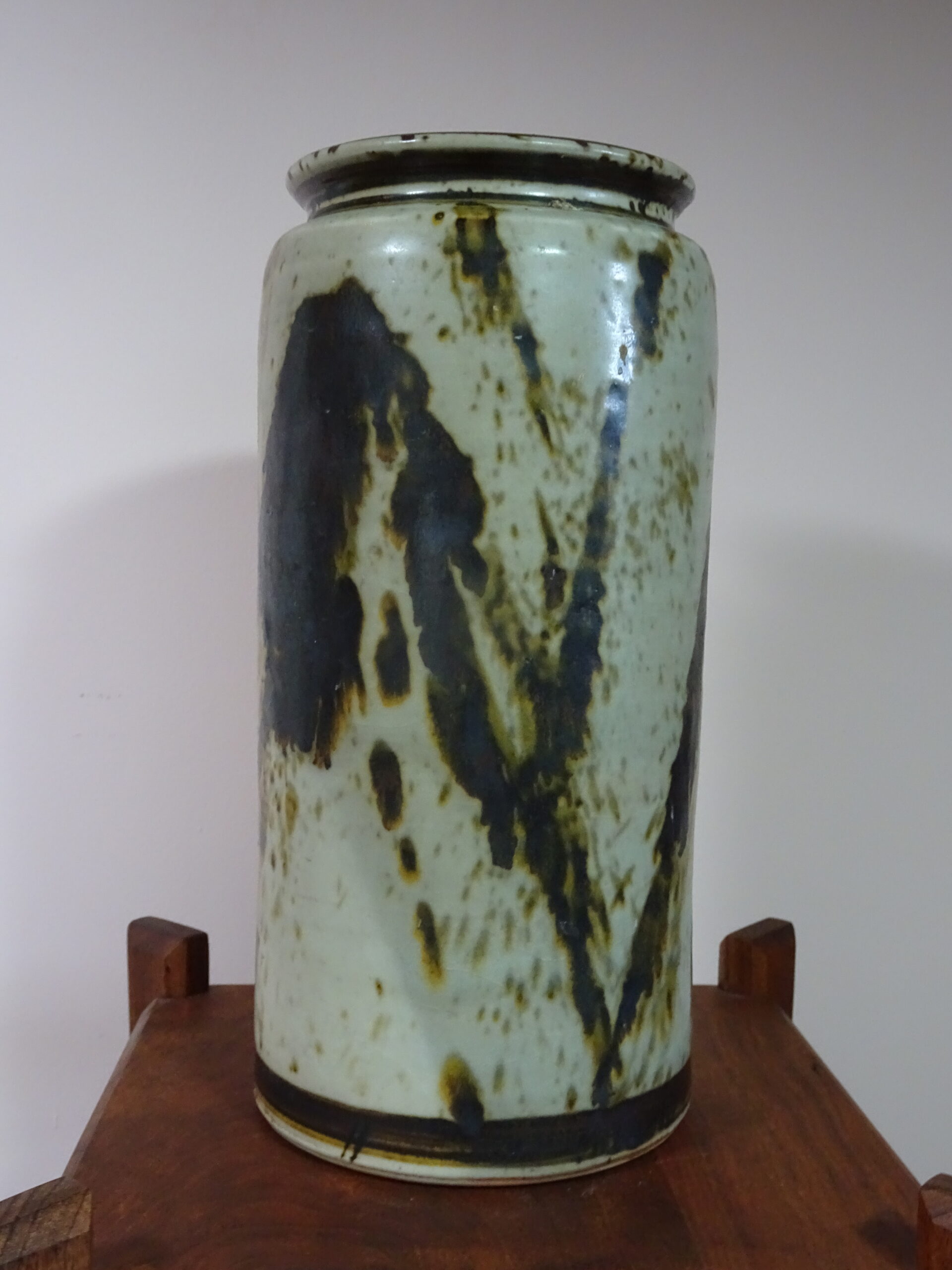I’m imagining myself sitting with a movie producer, presenting my treatment of today’s Gospel passage* for adaptation into a short film. It’s a story, I’d tell him, about a massive crowd of people who have lost their way, and one apparently insignificant woman on whom our gaze will rest at the movie’s end. It’s an angle on the story of Jesus’ journey to Jerusalem, but it’s actually a parable for the times in which we find ourselves now.
It starts with Jesus telling the disciples that they are all headed to Jerusalem. The disciples are puzzled: Why would Jesus head to the city that is home to the brutally powerful center of the nation’s political and religious regime? Then, when he shares what they can expect to happen when they got there, they are terrified.
The screenplay would include many scenes from the book version, like the triumphant entry to Jerusalem, but I’m going to skip down to setting the scene for Jerusalem: Day Three.
That morning, they hike up the steep foothills, with the dazzling white and gold of the Temple looming high before them. The huge Temple compound has all the institutions of power in one location— like their central bank, high court, key state agencies, and the state religion.
The day before, disgusted by the perversion of the Temple’s sacrificial rites into mere commercial opportunities to sell things to pilgrims, Jesus had knocked over the merchants’ and bankers’ tables and stalls. Now the camera pans to show the discouraging reality that the tables are back up and the stalls have reopened for business—fewer of them, perhaps, but now more visibly guarded.
The courtyard is quite large, crowded with pilgrims, religious officers, and even Roman soldiers. As the day advances, Jesus draws ever-larger crowds to his teachings and his stories. The crowd was elated with the sparring he did with the religious authorities trying to bait him into incriminating statements.
Sitting near an official collection station for offerings to the Temple, Jesus watches as various members of the ruling elite preen like male peacocks spreading their tails. They are in the courtyard to advertise themselves making impressively large contributions to the Temple treasury. We overhear bits of conversations as the men try to impress each other with their accomplishments and connections.
Jesus watches with soft eyes. These men of wealth, power, and position give such great attention to impressing others, but their behavior and concerns are clearly frivolous.
But, however frivolous, their pursuits are not without serious consequence. The dark side of this social display is the power—and the willingness—of its practitioners to exploit and even destroy the weak and the helpless as if they have no value at all. They take from those who have almost nothing, in order to finance their displays of privilege.
Maybe as importantly, these dynamics have also debased the people’s shared values, in a nation that was founded in a common religion. Now rather than the foundation of respect for the humanity of all community members, it has become a racket to further the ambitions of the powerful.
Jesus now watches as one poor widow makes her way across the courtyard. She calls no attention to herself, yet she is quite aware of the crowd, the bustle and noise. She can feel the atmosphere dense with ego, ambition and posturing. She is not unaware of the tables of the merchants and bankers. She may suspect that treasury funds are being skimmed for personal enrichment.
Nevertheless, she deposits two small copper coins in the Treasury collection. It’s money she can’t really afford, that she needs to live on.
Nevertheless, she radiates an inner calm. This act is what the sacred scriptures require. It is a spiritual practice she has kept all of her life as a woman of faith.
Nevertheless, she finds joy and peace in placing the small coins in the collection, and knows, really knows, that despite everything, God is in this place.
Her faith has kept her whole.
-Jeanne Marcus, Alumna member of CoS communities
*Mark 12:38-44
Reflection Questions
- Are there ways that your community’s public life nourishes or discourages your spirit?
- Are there ways you feel that in your body?
- What are some practices you know ground you, or return you to your true self?





